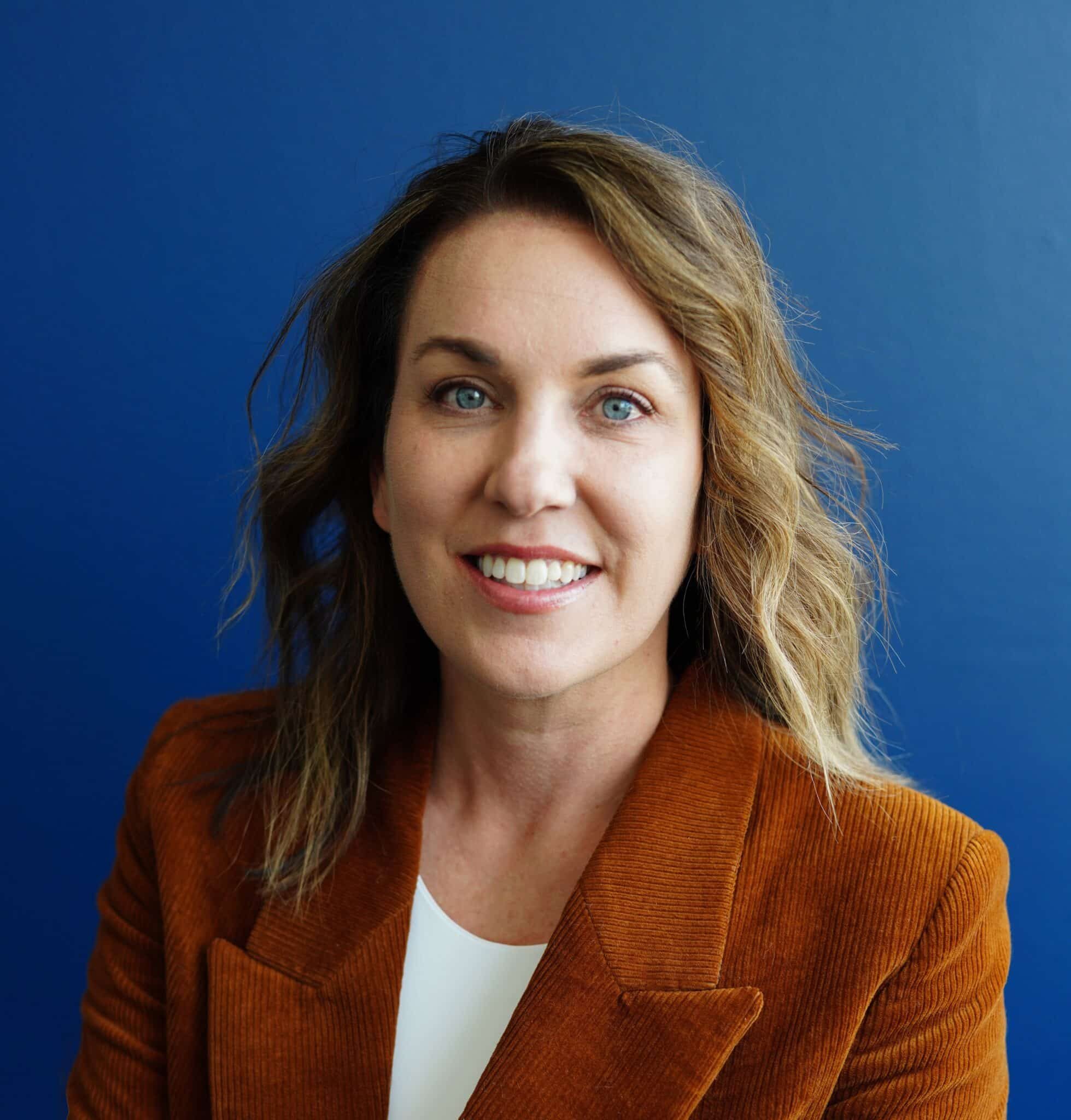Developing Habits of Healthy Thinking

Thankfully, I am not a person who tastes soap when I eat cilantro!
An ever-present condiment, mixed with green onions, adorns the refrigerator shelves of my Vietnamese in-laws. They prefer to carefully chop the onion and herb together, stored for frequent use in an easy-to-access Tupperware. They, of course, would know better than me how to properly enjoy a bowl of the comforting staple found on every street corner and Má’s table in Vietnam. But I could take or leave cilantro, strongly leaning toward the latter. As a visitor in their home, the gift of a bowl of homemade pho served to you by a loving relative seems a gift no one should reject, so I smile and take the bowl, doused generously in the herb and onion mix, with a quiet sigh and a silent wish I could prepare my own bowl the way I like it. I’m a full-grown adult, for Pete’s sake.
Today, as I prepared my own bowl of pho in my quiet home, with no one to interfere or push against the balance of ingredients in my waiting bowl, I joyfully add both onions and cilantro. Why? Because I learned from many bowls of forced cilantro consumption that, lo and behold, it is a delicious combination that perfectly complements the broth.
It seems, in some ways, we are consuming ingredients in our own daily personal and business lives that we may have resisted for some time. We are finding we may have a different taste for these ingredients than we thought. The effects of this pandemic seem to be having an accelerated natural selection process in our lives and in our businesses. Maybe you worried virtual meetings would not be feasible for your business. Under different circumstances, maybe you would have had a committee take a year or more to evaluate the security risks, the impact on teams, the programs you would use, etc. Only once this was vetted would you move to phase two, developing a roll-out plan. The roll out would likely involve multiple phases, including a “pilot.”
Well, I don’t know where the pilot was, but the passengers sure flew the plane all by themselves overnight when we went virtual in March! Imagine a year ago if you had heard that, across the globe, most “non-essential” – we wouldn’t even know what that was! – businesses would convert to virtual in a matter of hours or days, at most. That school systems and teachers would have curriculum and teaching available online in that same time period. Oh yes, there have certainly been many bumps in this accelerated adaptation, and there will be more. But pay attention to our tolerance for mistakes and rapid iteration in this time. We are like the kindergartners in the Spaghetti Marshmallow Tower challenge who don’t worry about failure. They win the challenge because they build and fail many times in a short period of time. They are able to reach their goal faster because they don’t get too far ahead before just giving it an enthusiastic go. Rather, they accept failure as learning for the next round. As we push ahead and adapt to our changing work environments, we can adopt the same mentality. Mistakes and steep learning curves aren’t failures if we can use the knowledge we gain to be better moving forward.
For some of us, these changes are welcome. I think about how we are trimming the fat in our workday and our home life. Stripped of the usual distractions, commutes, commitments, and complications, we are returning to the simple. We bake bread, we garden, we have gravitated towards our art and our music. Many are finding comfort in their faith or their family and in connecting with others. We are spending more time having deeper conversations with both old and new friends, colleagues, and business partners. While the ability to enjoy this simplicity is linked to privilege, even those that are caught in the hectic struggle of parenting in a pandemic, or working tirelessly to provide necessary goods and services to their communities, may attest to the stripping away of the “extras” to show what really matters. Through the basics of cooperation, innovation, humility, and compassion, we can find meaning even in the midst of stress and uncertainty.
Why are we doing this? From the scientific perspective, this may be our way of demonstrating resiliency. That is, showing that we can grow through this trauma by focusing on our connections and our wellness, and developing habits of healthy thinking and creating meaning. Resuming abandoned hobbies or picking up new ones allows us to practice mindfulness and to find purpose, and maintaining relationships that are filled with empathy and compassion helps remind us that we aren’t alone. I also believe, on a deeper level, the innate knowledge that we have as a human race is nudging us to abandon our resistance and embrace this new lifestyle. It is time to turn our attention towards the innovation, towards the cooperation, and towards the sense that we are united. It seems this is how we will find our way.

My best days are those days when I reach out, when I talk to someone that I haven’t talked to in way too long, when I find my purpose, and when I see meaning. My best days are when I can enjoy my bowl of pho, appreciating each ingredient (even the cilantro) for its own unique contribution to the whole.
How are you finding meaning during this time? What adaptations have you made as an individual or business that surprised you, and what change do you hope to keep?
We at CMA want all of you who are clients, friends, partners, vendors, suppliers, and people in our network to know that we are immensely and continuously grateful for your presence and support through this.
By Jennifer L. Nguyen, Ph.D.
